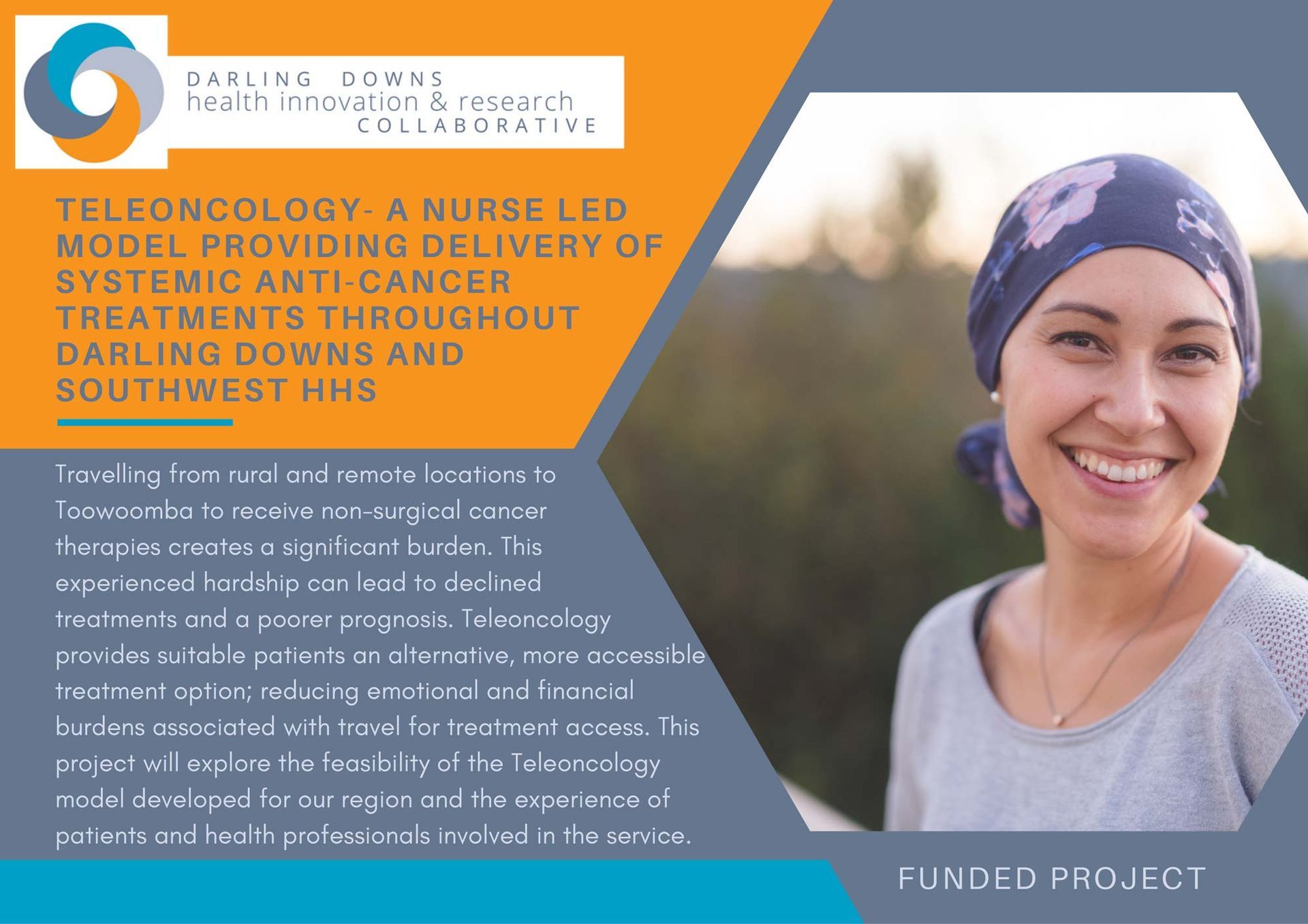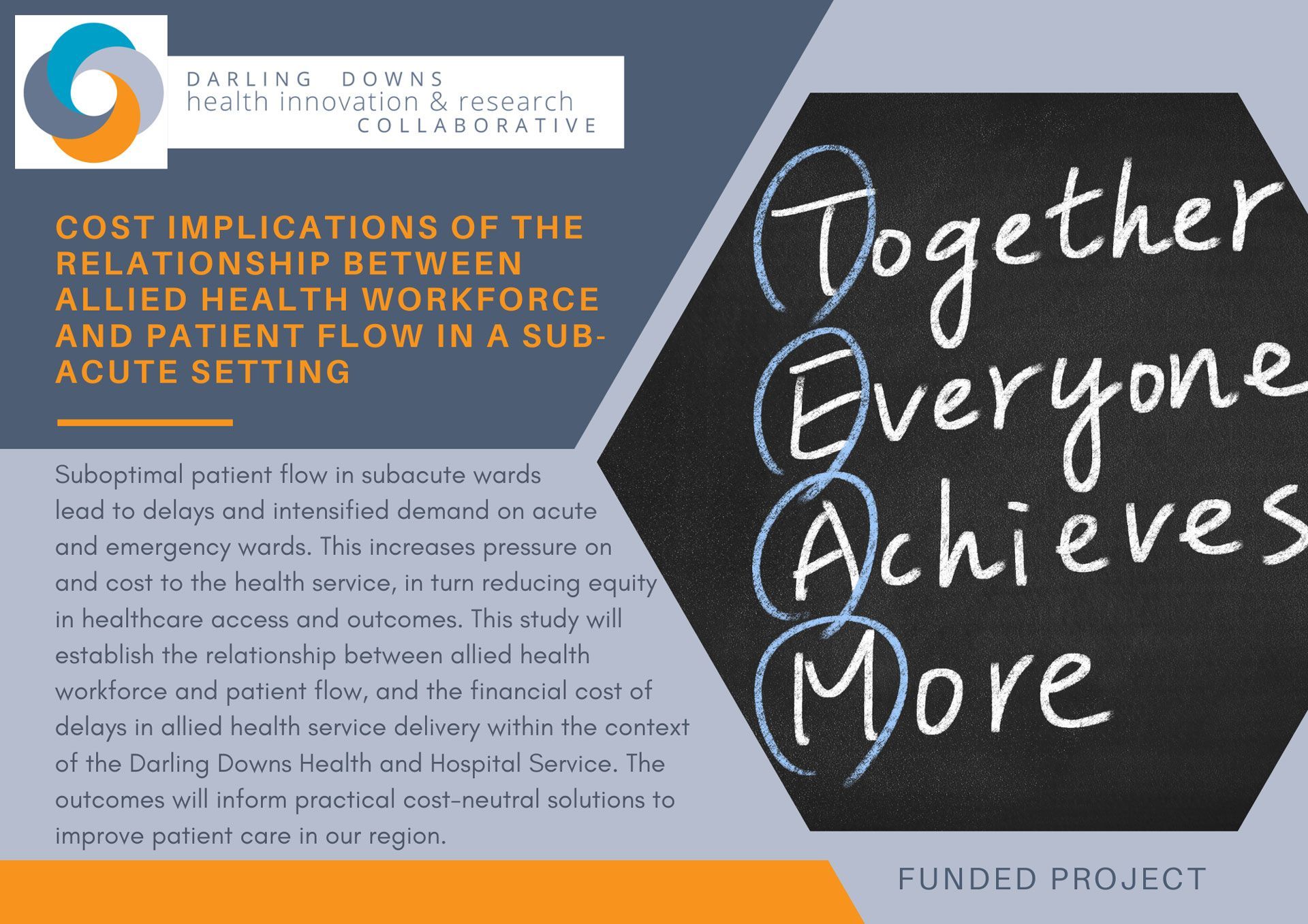KEY TRANSLATIONAL
RESEARCH PRIORITIES
INDIGENOUS HEALTH
Our First Nations population have unacceptable levels of disadvantage in living standards, life expectancy, education, health and employment. The life expectancy gap in Queensland is estimated at 10.4 years for men and 8.9 years for women. Child mortality (under five years old) is around three times the rate than non-Indigenous children.
DDHIRC has a focus to improve the health outcomes of First Nations populations in the Darling Downs and South West Queensland.
RURAL OBESITY
A person’s health is influenced by many behaviours in their individual lives. Factors that influence how likely people are to maintain a healthy weight reside in everyday choices, working conditions, where people live, grow and age.
Many of the key drivers of rural health and welfare are in a person’s weight. Socioeconomic factors also impact on healthy behaviours. DDHIRC is interested in research that assists people to make healthy choices and build healthy behaviours.
CHRONIC DISEASE
Chronic illnesses are long lasting conditions with persistent effects. Their social and economic consequences impact on quality of life and on community cost to health services. The most common chronic illnesses are cardiovascular disease, diabetes, chronic liver failure, chronic obstructive pulmonary disease and end stage renal disease.
DDHIRC is looking into research that identifies treatments and preventions for chronic illnesses.
RURAL WORKFORCE
Building and maintaining sustainability within the health workforce in rural and remote Queensland presents a range of opportunities and challenges. The vast distances between communities and services, small local populations with diverse health needs, and comparatively small health workforce in any location adds complexities that need to be factored in.
DDHIRC encourages clinicians to work in rural and remote regions. Practitioners are offered greater autonomy, creativity and are enabled to work to their full scope of practice.
RURAL HEALTH ACCESS EQUITY
Poor health access is often an issue in the rural and remote areas within Australia. This can be caused by many factors including cultural differences and lower rates of education and employment opportunities.
Access to health services and equity of health outcomes in rural and regional communities is a core area of interest for DDHIRC.
RESEARCH PROJECTS
Understanding Enablers and Barriers to Vaccination of First Nation's Children Aged 0-5 years
(CLICK TO ENLARGE)
RESEARCH AGREEMENTS
A Collaborative Research Agreement (or a CRA) is a necessary governance process when undertaking collaborative research. DDHIRC has a developed a template CRA and guidelines for it’s use within partner organisations to streamline and inform this process. The most current version of these documents can be accessed below








